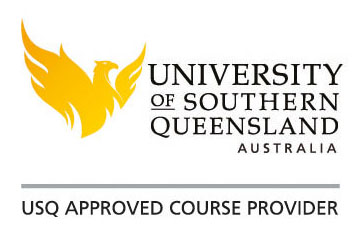Master of Information Systems
Course Overview
The Master of Information Systems is a professionally-oriented program that provides university graduates with the opportunity to acquire an information systems qualification. The program comprises 16 courses.
The Master of Information Systems program is accredited at professional level by the Australian Computer Society (ACS) and, through the Seoul Accord is recognised in other countries. The Seoul Accord is a multi-lateral agreement that allows ACS accreditation to be recognised globally. This means that graduates from this program will have their degree recognised by other countries who are members of the Accord.
Course Structure
To complete this degree students must complete 16 units. Most courses (similar to ‘subjects’) are valued at 1 unit. To study full-time you would usually complete 4 units per semester.
Entry Requirement
| Admission Requirements | |
|---|---|
| Academic Entry Requirements | Approved 3-year bachelor degree, or equivalent. Candidates without a relevant bachelor degree, or equivalent, and who have completed a minimum of 5 years’ professional work experience, may be eligible for entry into USQ’s Graduate Certificate of Business. Upon completion and achievement of a minimum GPA of 4.0, they may apply for entry into the Master of Information Systems |
| Language Requirement | |
|---|---|
| English Language Requirements | Minimum of IELTS 6.0, or equivalent (no component lower than 5.5, or equivalent) |
Career Opportunities
Program objectives
The Master of Information Systems aims to produce graduates who are able to:
- Identify and analyse legal, security and privacy issues typically encountered in working as an IT professional.
- Apply sound judgment in responding to important ethical, legal , security and privacy issues that would encountered in working as an IT professional.
- Plan and evaluate strategies to enhance the chances of leading successful entrepreneurial endeavours and organisational innovation using independent and well-developed judgement.
- Critically analyse then synthesise complex scenarios to solve real-world problems related to the use and application of information technology.
- Evaluate appropriate research methodologies to help identify, collect, analyse and manage a range of information technology issues.
- Communicate professionally and effectively in written and verbal communication to relevant stakeholders.
- Critically analyse ethical issues in a range of situations that confront IT professionals when called to make ethically appropriate decisions.
- Interact and collaborate effectively with others in teamwork tasks in a range of settings.
